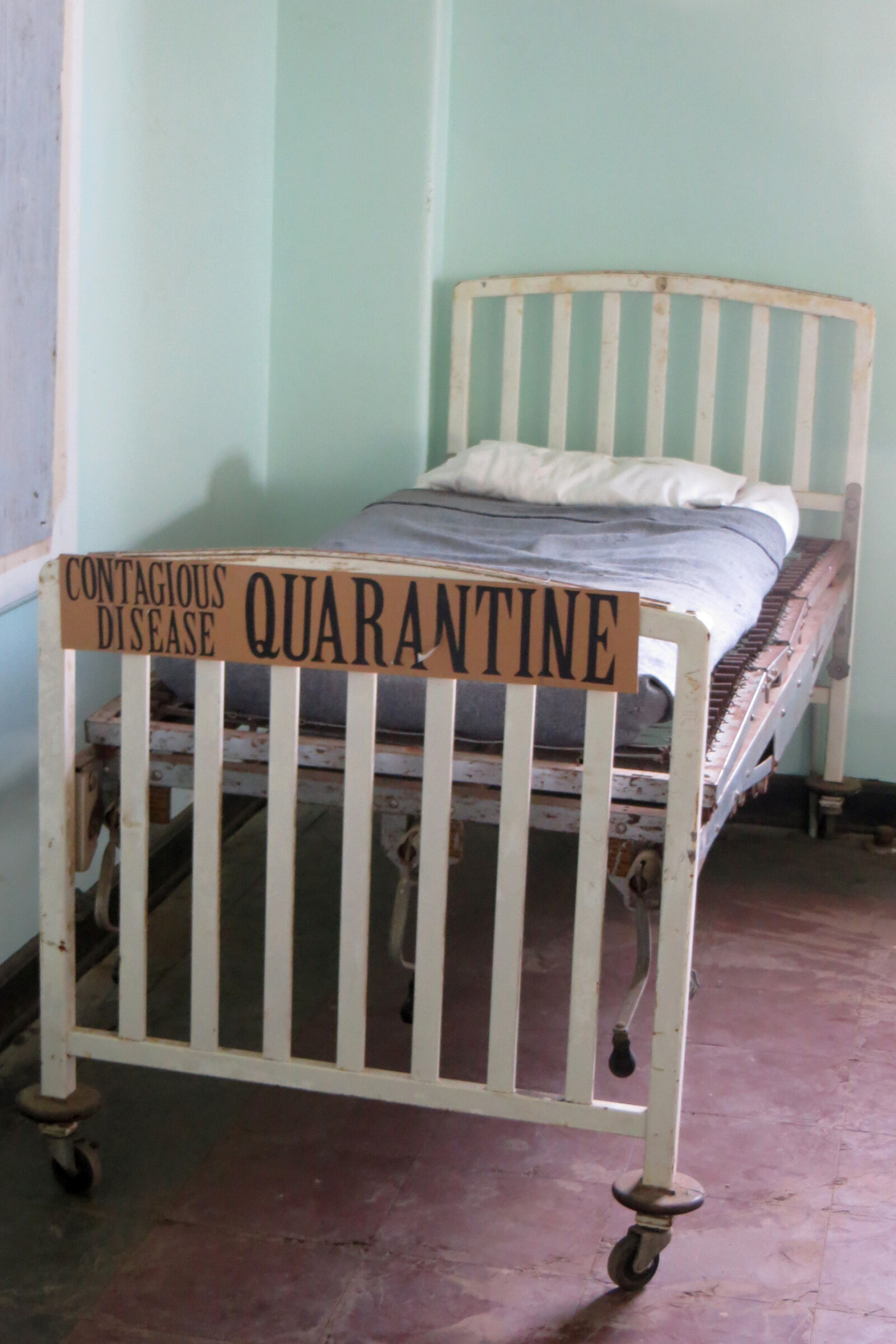Bladder Cancer, Kidney Cancer, Leukemia, Parkinson’s Disease and non-Hodgkin’s Lymphoma Camp Lejeune Claimants May Be First To Reach Trial
Battle Lines Drawn on Speed of Camp Lejeune Water Trial
After years of delays, the Camp Lejeune water contamination lawsuits are finally moving forward with proposals for case management plans to streamline the litigation. Plaintiffs and the Department of Justice have submitted joint plans to the presiding judge to establish processes for consolidated discovery and staging bellwether trials.
While showing progress, disputes remain between the parties on key issues that will impact how quickly the first trials commence and claims get resolved. The core disagreements center on the timeline for trials and procedures for selecting which plaintiffs will be chosen for early discovery and trials.

Plaintiffs Push for Accelerated Trials
The plaintiffs proposed plan pushes to get trials started in early 2024 for an initial set of 5 diseases:
- Bladder cancer
- Kidney cancer
- Leukemia
- Parkinson's disease
- Non-Hodgkin's lymphoma
For each disease, plaintiffs would select 10 cases for a discovery pool and the government would choose 10 more. Intensive discovery would start soon after selection. This aggressive schedule could accommodate trials starting in early 2024.
The plaintiffs' plan shows a desire to get their sickest members to trial quickly after decades of waiting. Many plaintiffs are aging veterans whose illnesses are progressing.
Government Seeks Slower Timeline
In contrast, the government proposed plan wants a slower walk to the first trials. For the initial trial track, the government suggests allowing just 3 diseases instead of 5:
- Kidney cancer
- Leukemia
- Parkinson's disease
For each disease, the government proposes plaintiffs and defendant each select 5 cases, with 10 more randomly selected by the court.
The government timeline stretches out discovery over 7 months before expert disclosures. Their plan does not envision the first trials beginning until expert discovery concludes, likely pushing trials into late 2024 or 2025. This slower pace prolongs the wait for ailing veterans who are seeking justice.
Proposed Government Tracks
Beyond the initial track, the government proposed two additional tracks:
Track 2: Prostate and breast cancer
- Requires general causation expert report in 90 days
- Court sets schedule for dispositive motions or trial on causation
Track 3: Diseases with fewer than 15 cases
- Plaintiffs produce expert report in 90 days that disease was caused by water exposure
- Parties propose discovery/motions schedule after that
Dispute Over Plaintiff Selection
Another key disagreement arises in how plaintiffs will be selected for early discovery and trials. The government wants the court to randomly select 10 plaintiffs per disease for the initial track.
Plaintiffs likely want more control over selecting their strongest claims rather than relying on random selection. Giving plaintiffs a bigger say allows them to pick ideal candidates from their large pool of deserving clients.
The final case management plan must resolve these core disputes over the timeline and selection process. After decades of waiting, many veterans and families impacted by the contaminated water at Camp Lejeune can't afford more delays before seeing their day in court.





